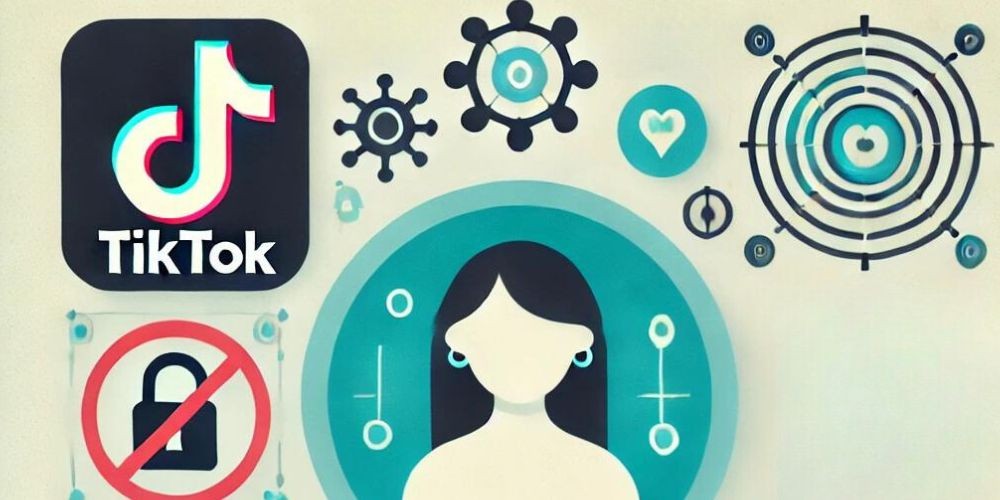TikTok’s Bold Moves: New Restrictions on Teen Ads and AI Disclosure Requirements
- 2024-07-09 07:35

In a notable shift, TikTok is clamping down on personalized ads targeting teens in the U.S. The app, which hosts millions of young users, aims to safeguard their data and ensure ethical ad practices. This new directive restricts advertisers to broad targeting options such as location, language, and device-related information, a move akin to what Meta has implemented. With around 25% of its user base under 20, this policy change promises to have a significant impact on TikTok's marketing dynamics.
The restriction is part of a broader initiative to protect teen users from being unduly influenced by targeted campaigns. By limiting advertiser access to personal data, TikTok seeks to create a safer online environment. This change follows similar measures by other social media giants, demonstrating a trend towards enhanced digital responsibility. As brands adjust their marketing strategies, they must now leverage broader trends to engage with younger audiences effectively.
Moreover, TikTok empowers users to have more control over their ad experiences through customizable settings. Users can now choose to see more or fewer ads related to specific interests such as “Outdoor Sports” or “Racing Games.” Another highlight is the “Disconnect Advertisers” feature, allowing users to stop advertisers from using off-TikTok data to serve personalized ads. These measures aim to foster a more transparent and user-focused ad environment within the app.
In addition to these user-centric updates, TikTok is rolling out new AI disclosure requirements for ad partners. Advertisers now have a self-disclosure toggle in the TikTok Ads Manager to mark their ads as AI-generated. Consequently, users can easily identify AI-generated commercial content through a visible AIGC label. This move towards transparency is crucial, especially as TikTok explores introducing virtual influencers and AI avatars to boost in-app shopping activities, following their success in the Chinese market.
These policy changes reflect TikTok’s commitment to privacy, transparency, and user empowerment. By aligning with broader industry standards and ethical practices, TikTok is taking a significant step towards fostering a safer and more trustworthy platform. As these shifts take effect, it will be intriguing to observe how both users and advertisers navigate this evolving landscape. In a digital age marked by rapid innovation, TikTok's proactive measures set a new benchmark for social media responsibility.





